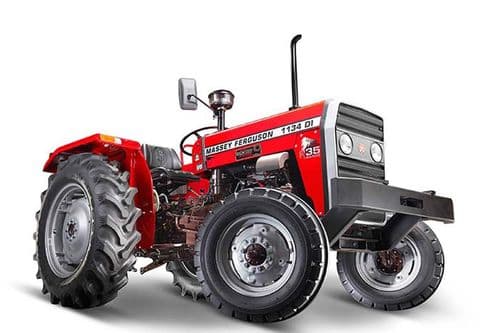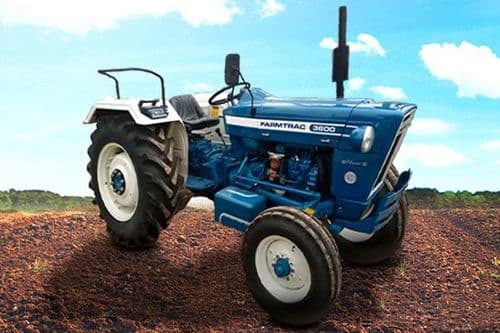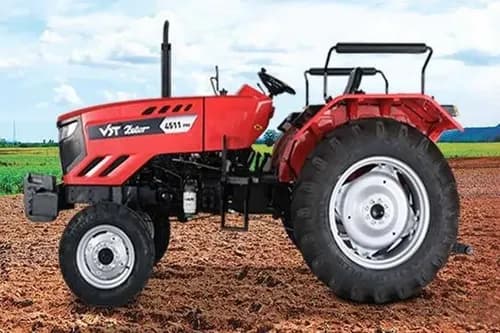Ad
Ad
Harnessing Solar Energy for Agricultural Advancements in India | Uses & Applications
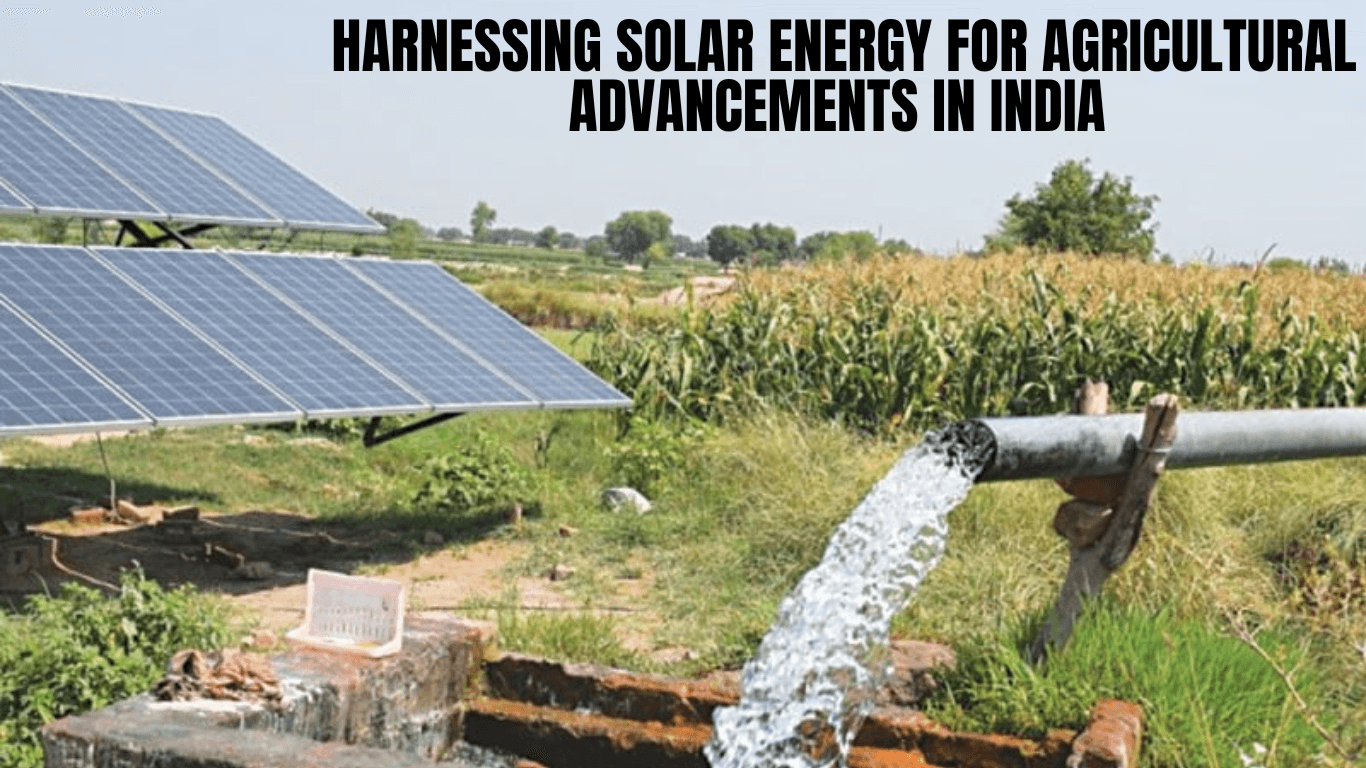
Key Highlights
- Solar energy revolutionizes Indian agriculture.
- Key applications: water pumps, refrigeration, drying, greenhouse heating.
- Enables off-grid electricity generation and sustainable farming practices.
- Promotes efficiency, cost-effectiveness, and environmental stewardship.
In the vast expanse of Indian agriculture, the sun is more than a celestial body; it's a potent source of energy that can be utilized for sustainable development. With technological advancements, solar energy has emerged as a transformative force, offering many applications in farming practices. From powering water pumps to driving tractors, solar solutions are revolutionizing traditional methods, reducing costs, and also reducing the impacts on the environment. This article explores the many roles of solar energy in Indian agriculture, highlighting its potential for enhancing productivity, promoting resilience, and fostering a more sustainable future for farmers and rural communities alike.
Solar Energy for Agriculture
Solar energy, derived from the sun, is a renewable resource that holds immense potential for agricultural development. Unlike fossil fuels, which are reducing and harmful to the environment, solar energy offers a sustainable alternative. Its utilization in agriculture can significantly reduce overhead expenses and reduce the environmental impact.
Agricultural Applications of Solar Energy
1. Solar-Powered Water Pumps
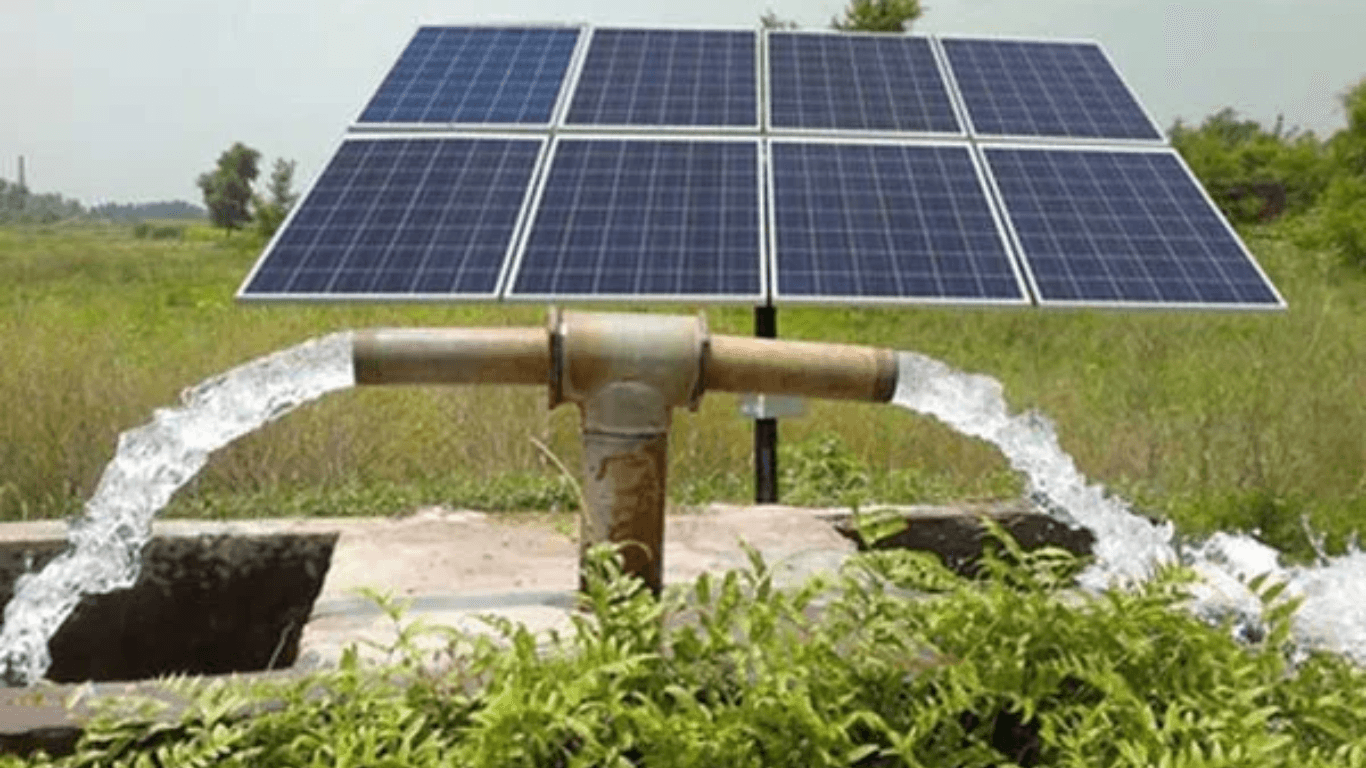
In regions with unreliable or absent electricity grids, solar water pumps play a crucial role. These pumps harness solar energy through the panels, providing a reliable source of power for transporting water from the canals or reservoirs to the farmlands. By minimizing the labor hours and increasing efficiency, they contribute to an enhanced agricultural productivity.
Also Read: Farmers to Receive Subsidy for 54,000 Solar Pumps
2. Solar Refrigeration
Preserving agricultural produce often demands significant energy consumption, particularly in remote areas with limited access to electricity. Solar-powered refrigeration systems offer a sustainable solution, ensuring the freshness and longevity of perishable goods. By utilizing solar energy for the purpose of cooling, farmers can optimize the utilization of the resources and also reduce wastage.
3. Solar Dryers
Traditionally, the open-air drying of agricultural products has been susceptible to environmental factors, leading to higher loss rates. Solar dryers, however, utilize thermal energy from the sun to ease the efficient drying processes. With various designs like direct, indirect, and hybrid dryers, they enable longer storage durations and market flexibility for farmers.
4. Greenhouse Heating
Maintaining optimal temperatures in greenhouses is essential for crop cultivation, especially in colder climates. Solar energy-based heating systems offer a sustainable alternative to conventional fuel-based methods. By harnessing sunlight and utilizing the solar masses for energy storage, these systems can ensure consistent levels of heat, promoting optimal growing conditions for crops.
5. Electricity Generation
Solar panels have revolutionized the generation of electricity, particularly in remote agricultural areas where grid connectivity is short. By harnessing solar power, farms can meet their energy needs for lighting, powering household appliances, and operating farm equipment. Solar energy not only provides a reliable power source but also reduces dependency on non-renewable energy sources.
6. Solar-Powered Tractors
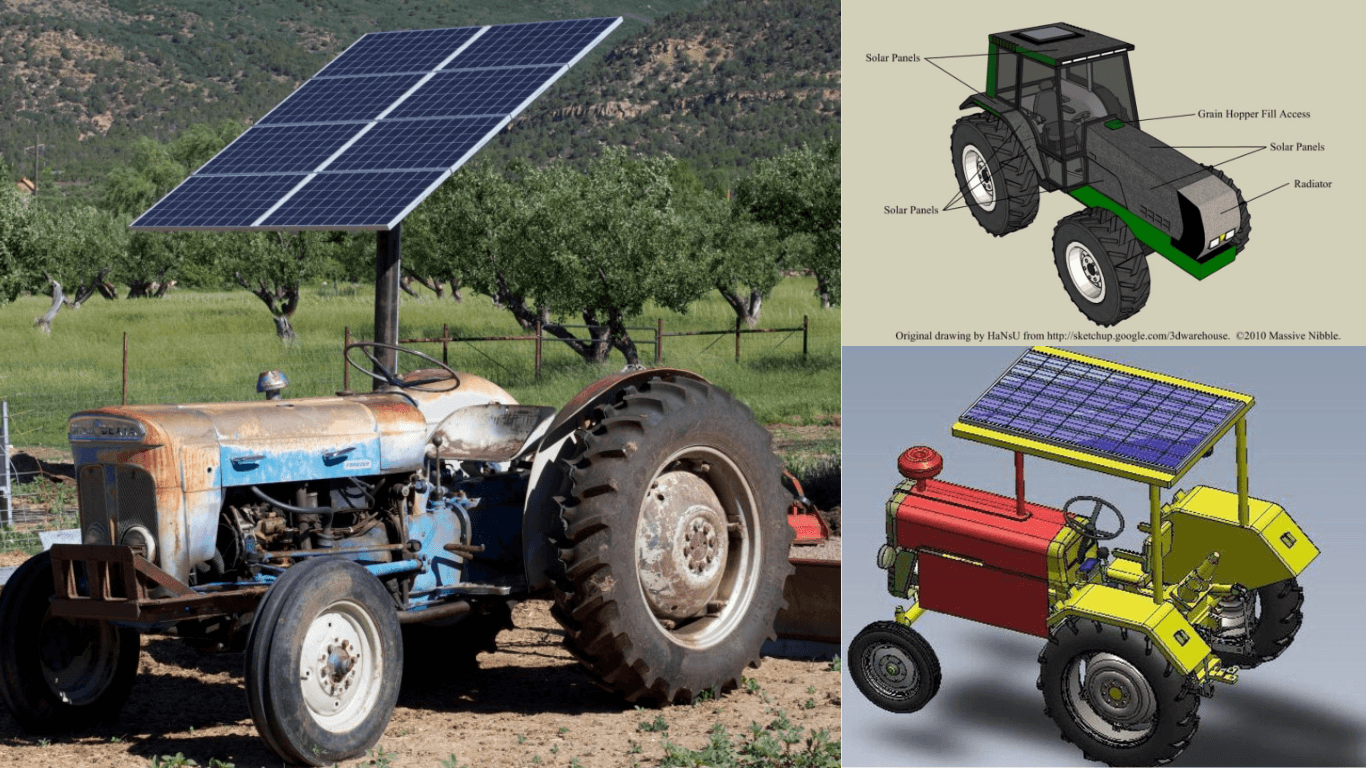
Conventional tractors rely on fossil fuels, contributing to both operational costs and environmental pollution. Solar-powered tractors offer a sustainable alternative, utilizing solar energy for daytime operations and stored battery power for nighttime usage. By reducing carbon emissions and operational expenses, these tractors exemplify the intersection of technology and sustainable agriculture.
Expanding on Agricultural Applications of Solar Energy
7. Solar Irrigation Systems
Irrigation is critical for agriculture, particularly in regions with unstable rainfall patterns. Solar-powered irrigation systems enable farmers to efficiently water their crops using renewable energy. These systems consist of solar panels that power water pumps, allowing for reliable irrigation without relying on grid electricity or costly fuel-powered generators.
8. Solar Desalination
In coastal regions where access to fresh water is limited, solar desalination offers a sustainable solution to meeting agricultural water needs. Solar desalination systems utilize solar energy to evaporate seawater and collect freshwater condensate. By harnessing the abundant sunlight available in coastal areas, farmers can access a reliable source of irrigation water, thereby increasing agricultural productivity.
9. Solar Pest Management
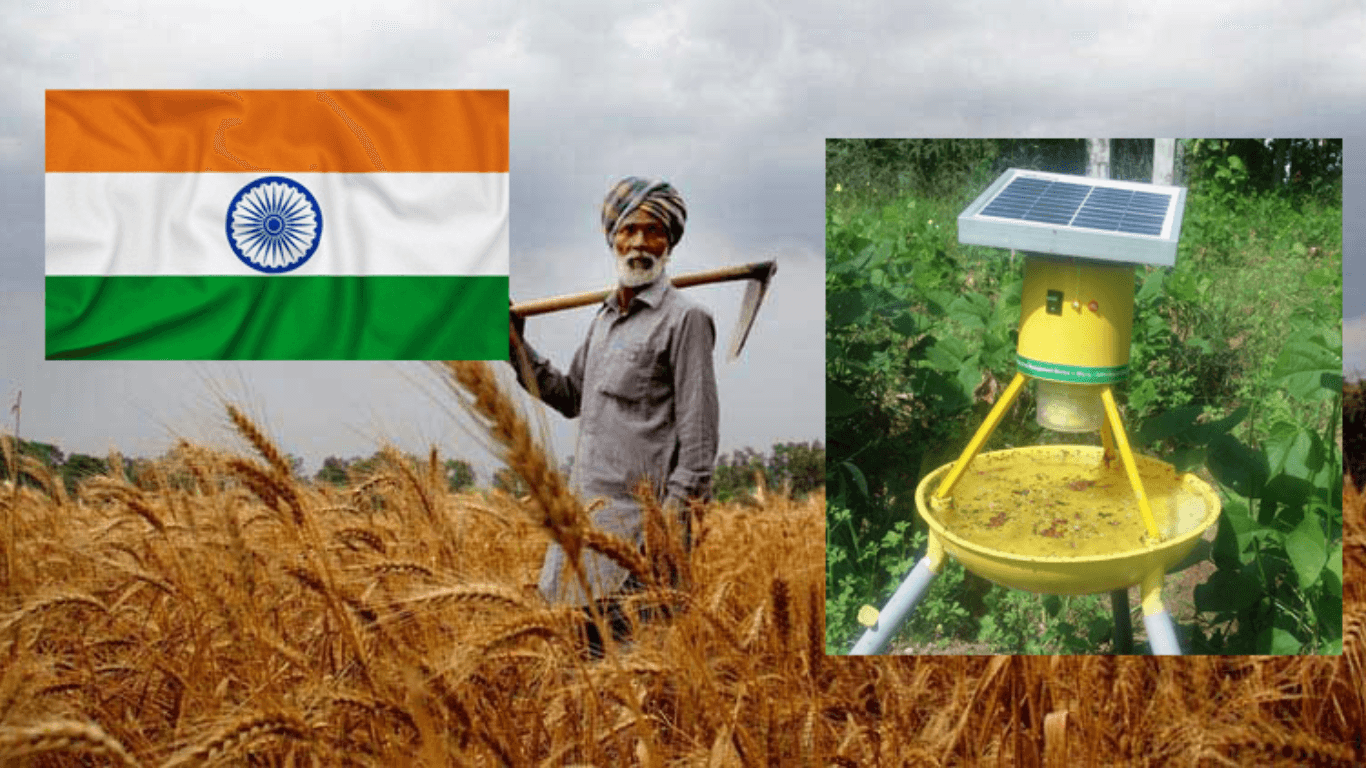
Pests pose a significant threat to crops, leading to the loss of yield and reduced profitability. Solar energy can be harnessed for pest management through techniques like solarization. Solarization involves covering the soil with transparent plastic sheets and allowing solar energy to heat the soil, effectively killing weed seeds, pathogens, and pests. This sustainable pest management approach reduces reliance on chemical pesticides, promoting ecological balance in agricultural ecosystems.
10. Solar-Powered Aquaculture
Aquaculture, the farming of fish and aquatic plants, is an integral part of India's agricultural sector. Solar energy can be leveraged to power aeration systems in aquaculture ponds, improving water quality and promoting the growth of aquatic organisms. Additionally, solar-powered recirculating aquaculture systems (RAS) enable efficient water filtration and temperature control, enhancing the productivity and sustainability of aquaculture operations.
11. Solar Crop Drying
After harvesting, crops need to be dried to reduce moisture content and prevent spoilage. Solar crop drying systems utilize solar energy to facilitate the drying process, ensuring the preservation of harvested crops. These systems can be simple, such as solar tents or racks, or more sophisticated, such as solar-powered grain dryers. By harnessing solar energy for crop drying, farmers can extend the shelf life of their produce and access markets beyond the harvest season.
CMV360 Says
As technology continues to evolve, so does the agricultural landscape. Solar energy, with its multitude of applications, emerges as a beacon of sustainability in Indian agriculture. From powering water pumps to driving tractors and beyond, solar solutions offer efficiency, cost-effectiveness, and environmental stewardship. As we strive for more sustainable farming practices, harnessing the power of the sun remains pivotal in shaping the future of agriculture in India. With ongoing research and innovation, the integration of solar energy into agricultural systems will continue to drive productivity, resilience, and prosperity in rural communities across the country.
Features & Articles
Comprehensive Guide to Tractor Transmission System: Types, Functions, and Future Innovations
Learn about tractor transmission types, components, functions, and selection factors to enhance efficiency, performance, and agricultural productivity....
12-Mar-25 09:14 AM
Read Full NewsModern Tractors and Precision Farming: Transforming Agriculture for Sustainability
Precision farming enhances agriculture by integrating GPS, AI, and modern tractors for sustainable, efficient, and productive farming practices in India....
05-Feb-25 11:57 AM
Read Full NewsTop 10 Tractors Under 30 HP in India 2025: Guide
Top 10 tractors under 30 HP in India offer efficiency, affordability, and power, ideal for small farms with diverse agricultural needs....
03-Feb-25 01:17 PM
Read Full NewsNew Holland 3630 TX Super Plus vs Farmtrac 60 PowerMaxx: Detailed Comparison
Compare New Holland 3630 and Farmtrac 60 tractors by specs, price, and features to find the perfect fit for your farm....
15-Jan-25 12:23 PM
Read Full NewsSwaraj 735 FE Vs Eicher 380 2WD Prima G3: Detailed Comparison
The Swaraj 735 FE and Eicher 380 2WD Prima G3 are reliable, powerful tractors suited for various farming tasks....
14-Jan-25 09:41 AM
Read Full NewsHow to Choose the Perfect Tractor for Your Farm: A Comprehensive Guide
Choose the right tractor by assessing farm needs, horsepower, efficiency, comfort, and budget to enhance productivity and savings....
09-Jan-25 09:43 AM
Read Full NewsAd
Ad
As featured on:


Registered Office Address
Delente Technologies Pvt. Ltd.
M3M Cosmopolitan, 12th Cosmopolitan,
Golf Course Ext Rd, Sector 66, Gurugram, Haryana
pincode - 122002













